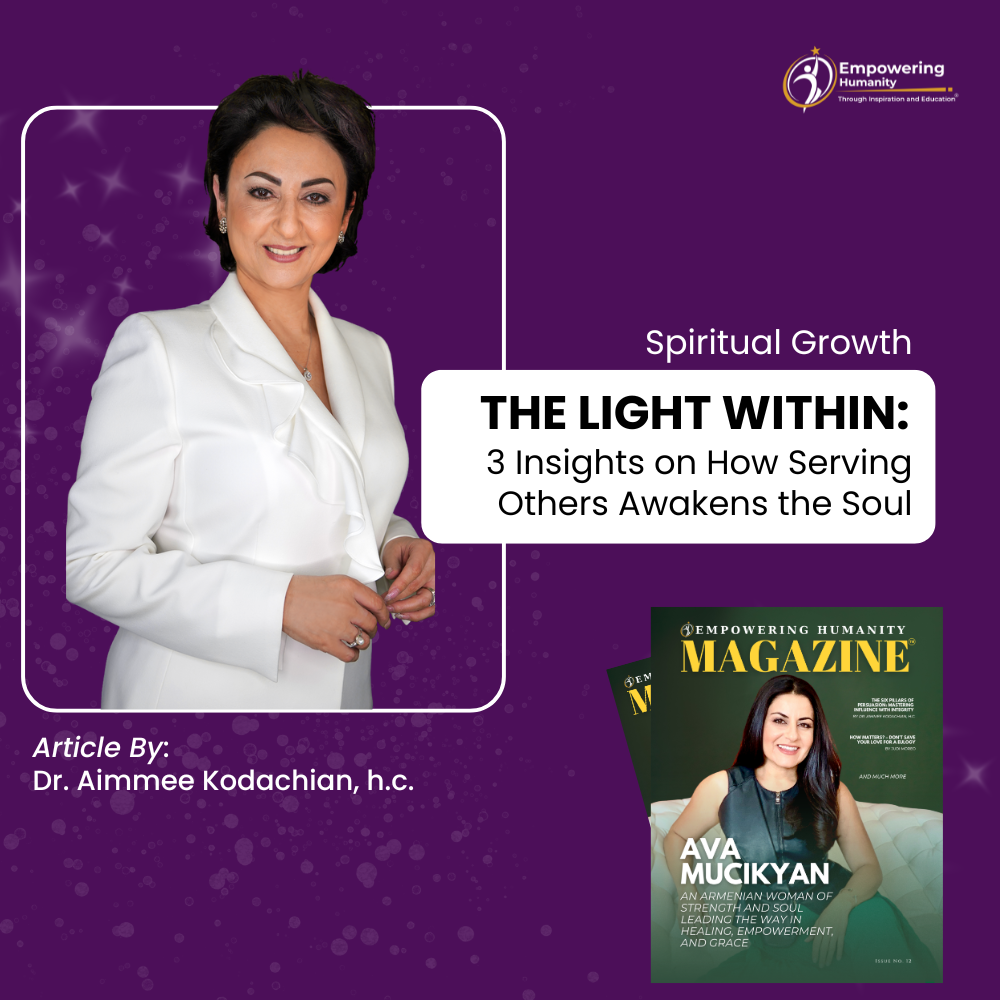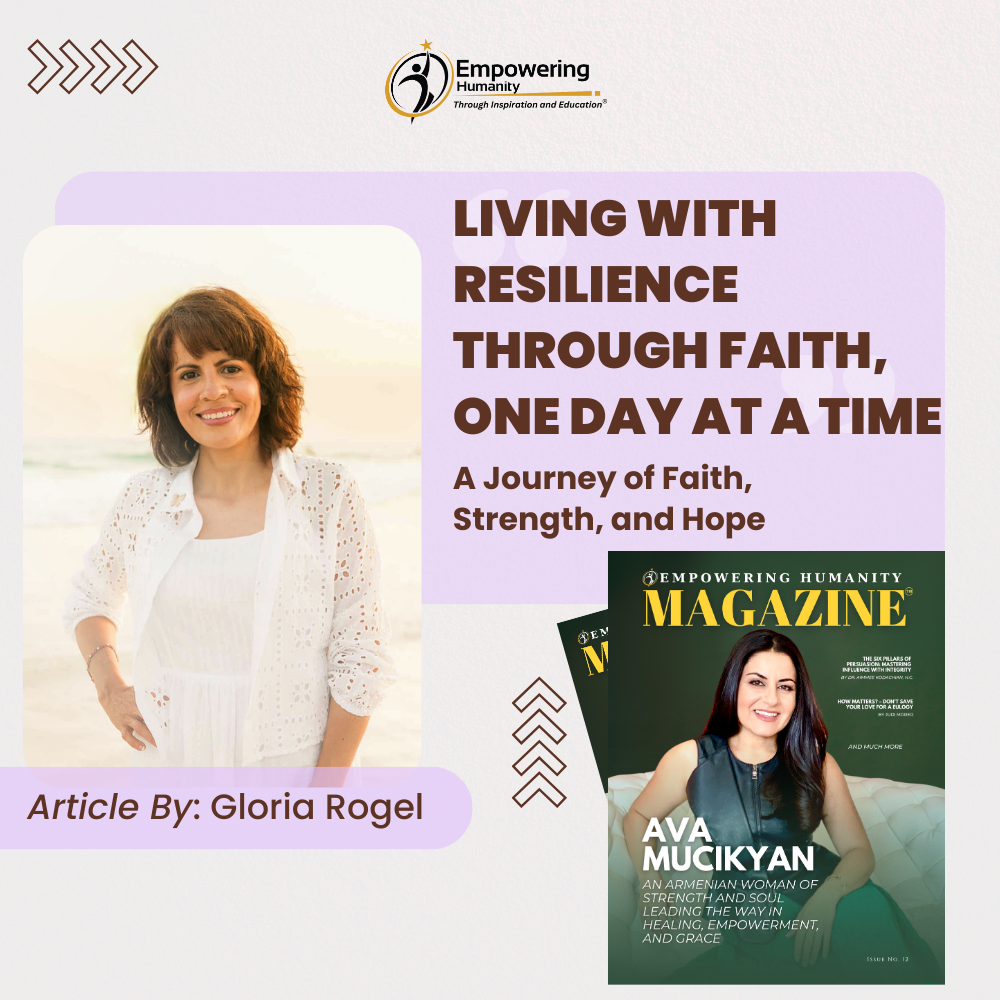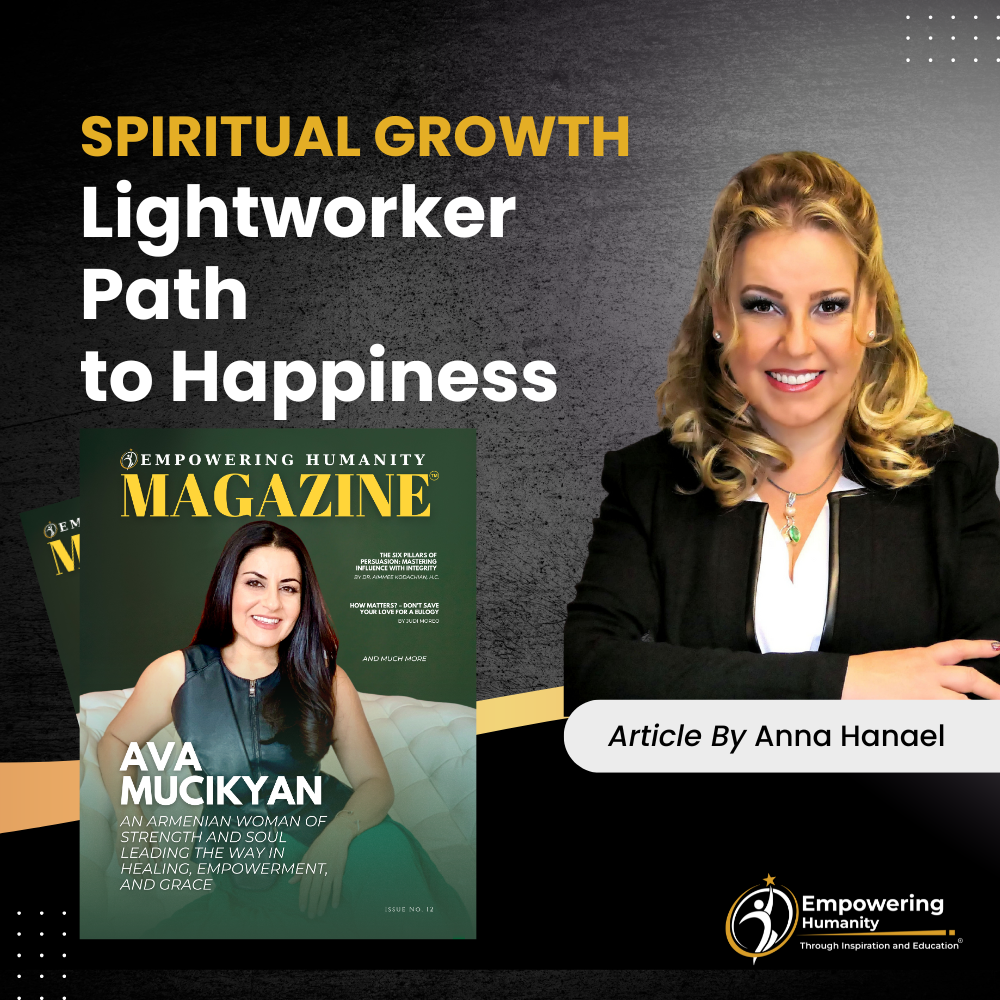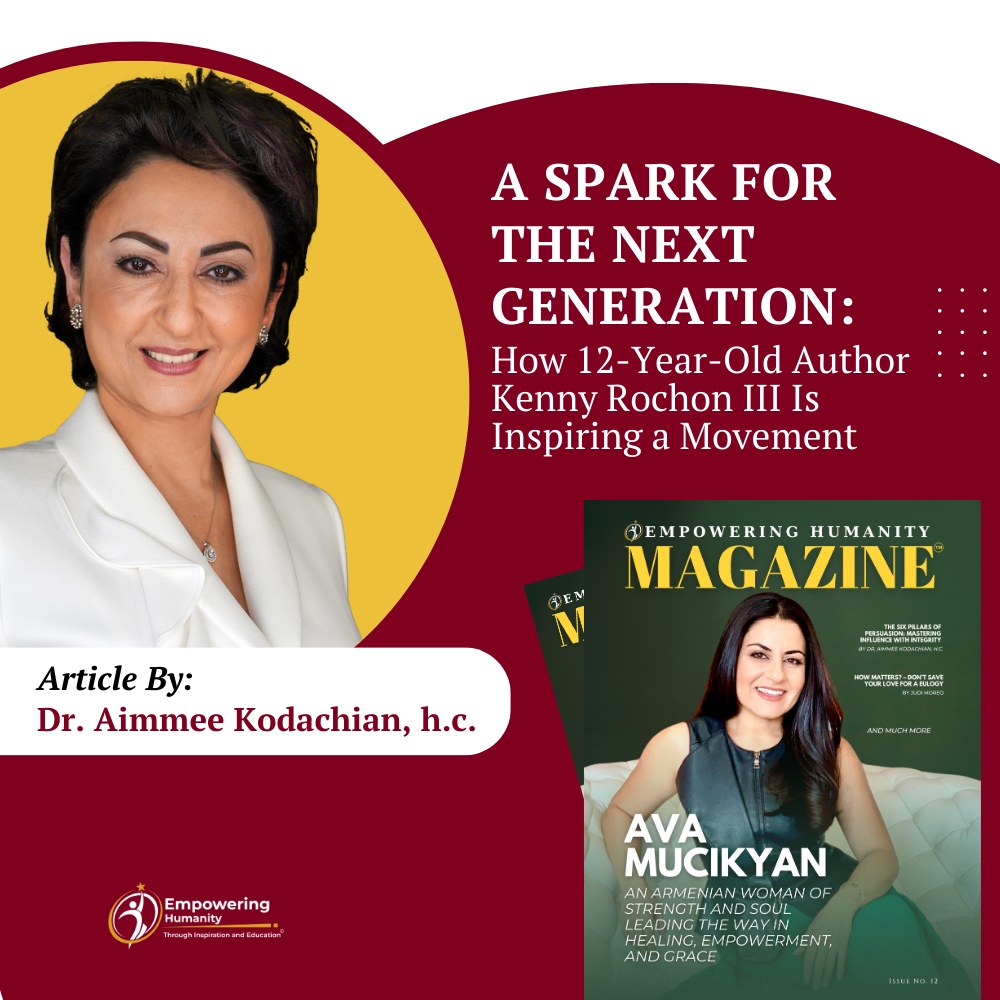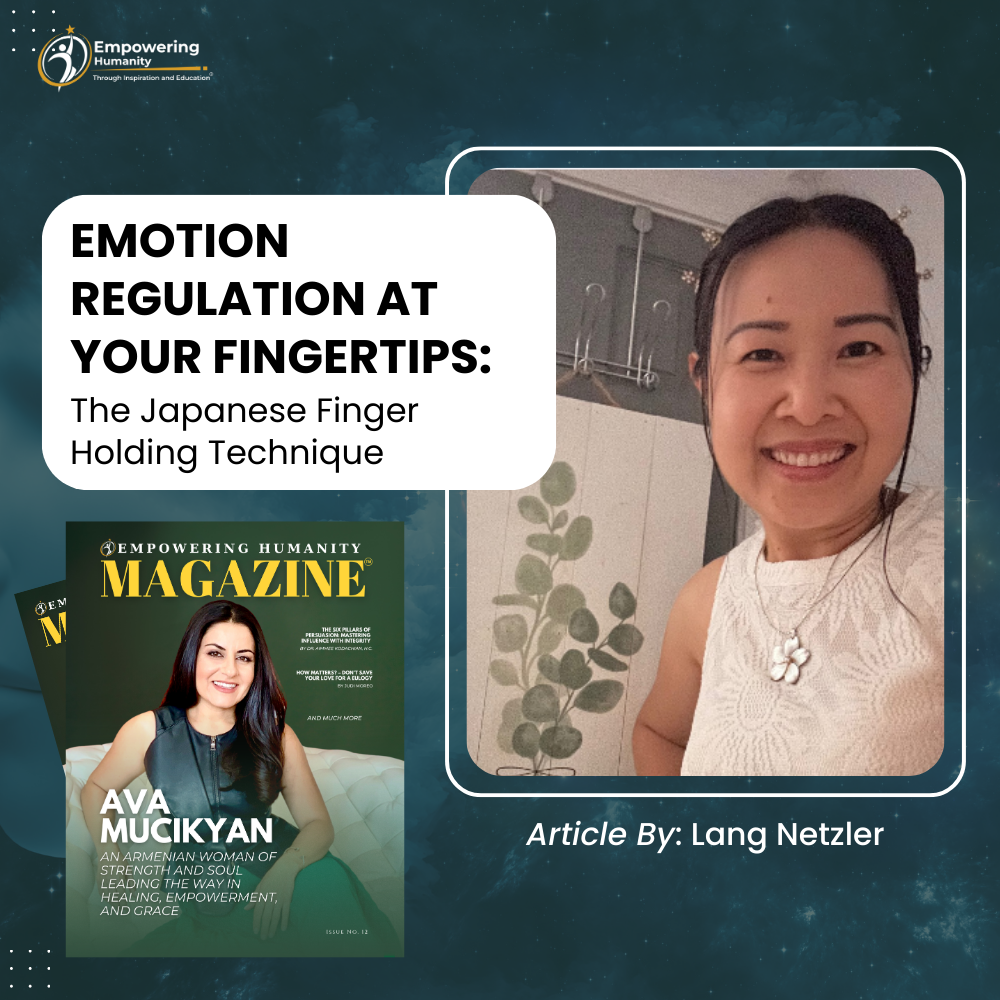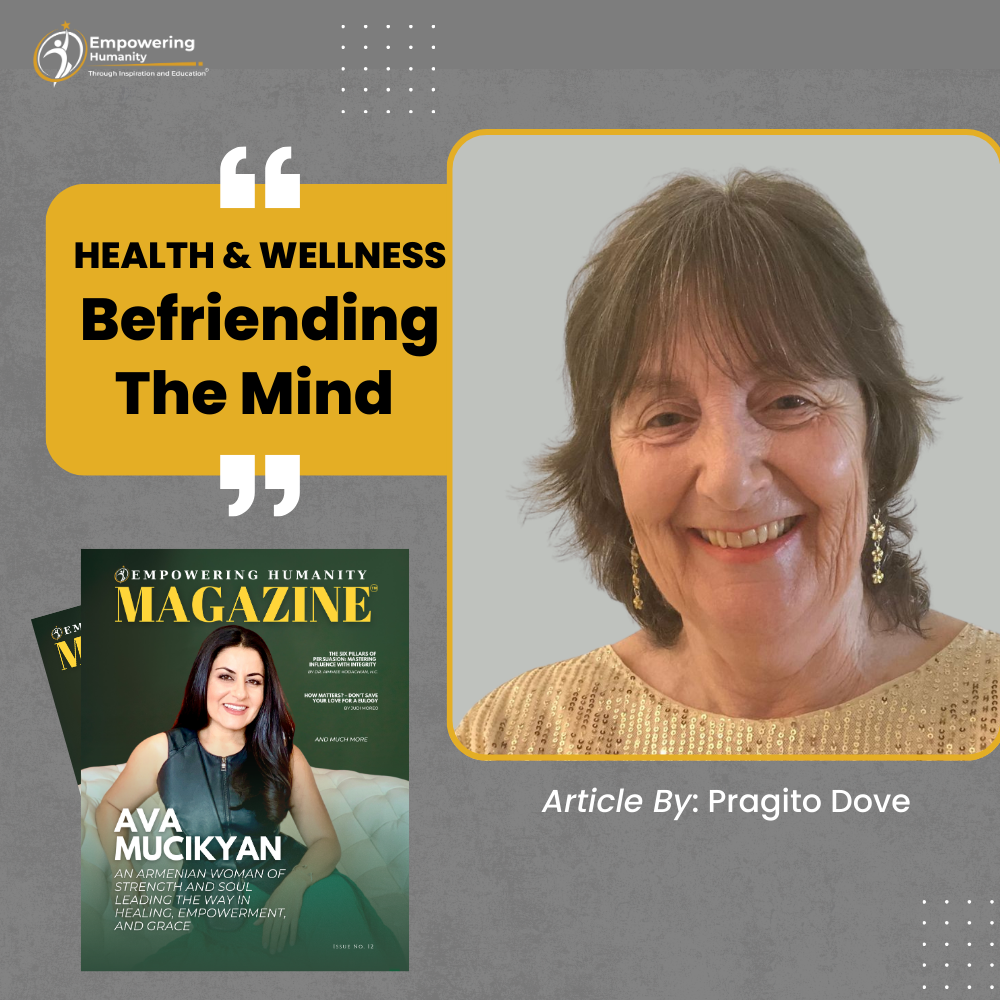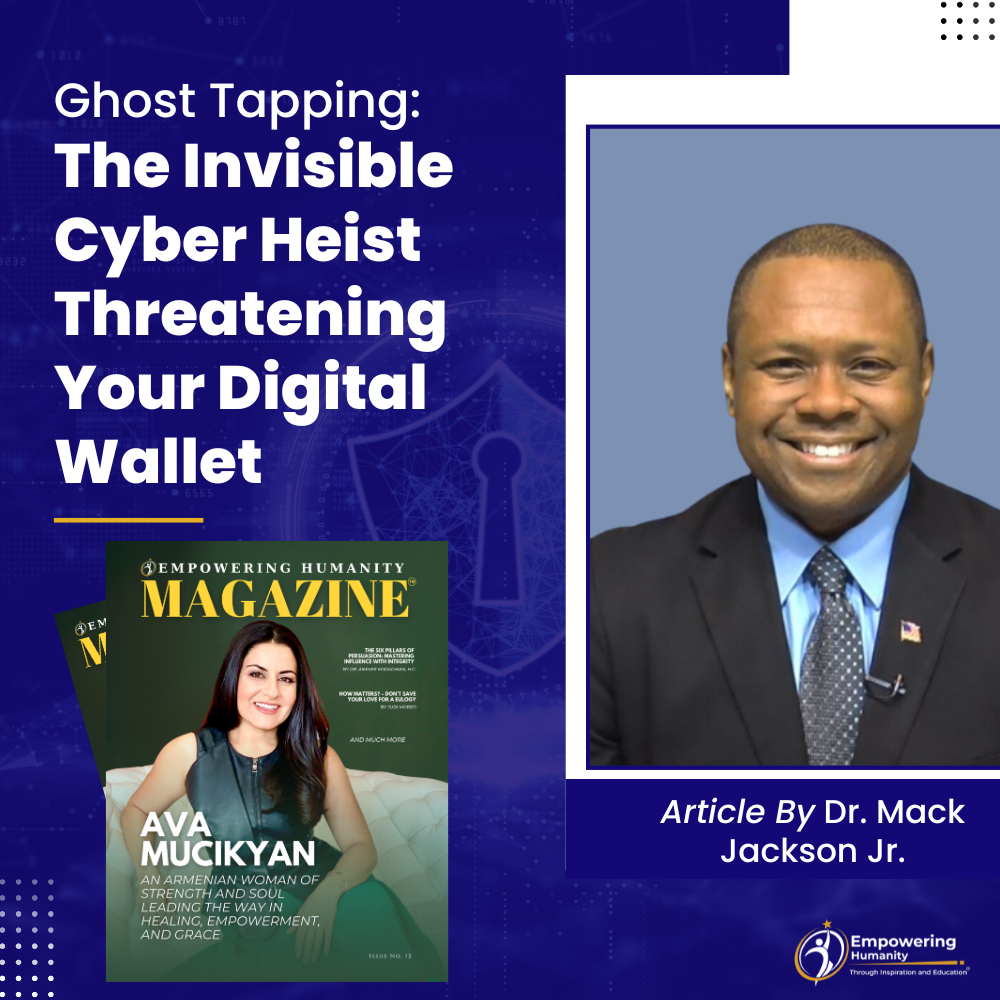In the rhythm of daily life, it’s easy to get swept away by responsibilities and challenges, forgetting to pause and reflect on what truly matters—the light within us. This divine spark often grows dim when we’re lost in routine, yet it never disappears. Every act of kindness, every moment of compassion, rekindles that light, reminding us of who we truly are: vessels of love, created to serve and uplift one another.
Many of us already share that inner light through kindness, prayer, or simple acts of love that brighten someone’s day. Yet as life grows busier and challenges demand our attention, it’s easy to drift away from that sacred connection. We don’t mean to; it simply happens. But when we pause to rekindle it—when we let our light flow outward in compassion—we find that the very act of giving renews our own spirit, awakening joy, peace, and purpose within us.
True service doesn’t wait for the perfect moment. It isn’t measured by what’s in our hands but by what’s in our hearts. It’s the quiet choice to care, to listen, and to lift another’s spirit—and in doing so, we rediscover the peace and joy we’ve been seeking all along.
Something beautiful happens when we give from that sacred place within us, even in the midst of life’s challenges. Our focus softens. Our hearts open. The Divine begins to move through us—not in thunder or noise, but in whispers of grace—turning ordinary moments into holy ones. Every sincere act of love, no matter how small, becomes a spark that brightens the soul and reminds us that we were never meant to walk through life alone, but to illuminate the path together.
That’s the light this article is about—the light that shines through us when we serve. It’s the same light that filled the room at the Conference & Gala Awards held at the Liberty Science Center in New Jersey—a celebration made possible through the powerful collaboration of two remarkable organizations: iMAG Media Inc., founded by Cassandra Tindal, who uses the art of media and event production to bring people together, illuminate truth, awaken compassion, and amplify messages that inspire global change; and Voices Against Trafficking, founded by Andi Buerger, whose own painful journey as a survivor became a worldwide mission to rescue and protect innocent children from the horrors of human trafficking and exploitation.
Their partnership beautifully embodied the message of this article—showing that when hearts unite in divine purpose, light multiplies. The evening gathered compassionate souls and purposeful voices, reflecting the love, dedication, and tireless spirit behind their shared mission to serve humanity from the heart.
That evening, people traveled from across the country—each carrying their own busy lives, yet choosing to pause and give their time to a cause greater than themselves. Their presence reflected the light that shines when compassion meets purpose. Each person understood the quiet power of giving and the beauty of unity, showing that when hearts come together for something beyond their own world, miracles unfold.
I was deeply touched by the presence of my husband, my childhood best friend, and several dear friends who made the journey—not to celebrate, but to stand beside me in the mission and vision behind this event: to raise awareness, foster healing, and bring hope through compassion and purpose. Their support reminded me that no calling is ever fulfilled alone.
It was truly inspiring to hear stories from survivors and compassionate individuals whose courage and faith ignited every soul in the room—reminding us that when light is shared, it multiplies.
Adding to the beauty and inspiration of the evening, Cassandra Tindal uplifted hearts with a stunning fashion show that celebrated diversity, elegance, and the strength of women who shine their light through creativity and grace.
The event also recognized individuals whose lives embody service, including Ken “DrSmiley” Rochon and many others who have dedicated themselves to making a difference. Every honoree, performer, and guest contributed to the energy of the night—each one a reminder that compassion expressed through action can transform lives in ways we may never fully see.
To read Aimmee’s thought-provoking full article, click on this link and look for page 35. Get your FREE access to Empowering Humanity Magazine™ Now!

